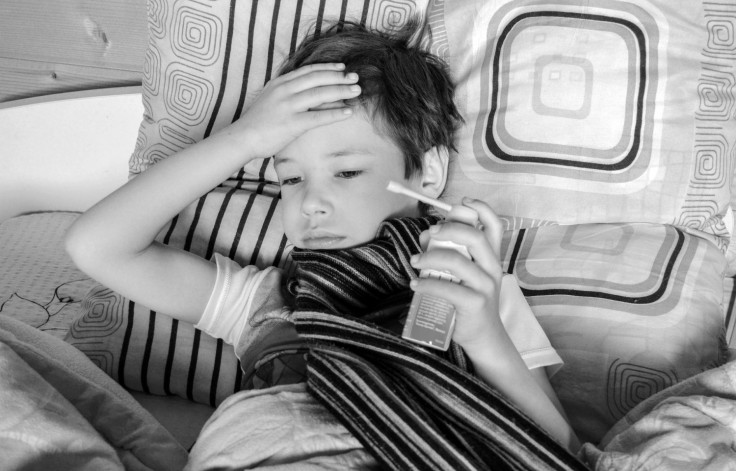
The sun during winter appears to be lower in the sky, which makes the sun's rays hit the Earth at only a shallow angle. Thus, rays are more unfurled and minimize the energy that strikes certain spots. This is the main reason why some countries have winter.
Moreover, the winter causes long nights and short days, which hinders the Earth from warming up. Winter is the coldest season of the year and occurs between autumn and spring.
Unfortunately, winter is also the season for some common diseases in adults and children, specifically in kids. Such common diseases are triggered by seasonal effects, including being indoors in winter. Some diseases include sinusitis, flu, otitis media, common cold, pneumonia, bronchitis, rotavirus infection, and tonsil infections.
On the other hand, parents must ensure that the child sustains plenty of sleep, as sound rest can increase the body's response to certain infections.
What is Tonsillitis?
Tonsillitis is a most common childhood illness that usually affects school-aged kids aged 4-16. The intricacy of this disease is a peritonsillar abscess typically occurs when the infection spreads behind the tonsils.
The common misconception about this infection is that people assume that tonsillitis and pharyngitis are similar. However, tonsillitis only happens when the tonsils are affected, while pharyngitis means the throat is affected.
Even further, tonsils are glands located at the back of the throat. Tonsils are a facet of the immune system that helps combat germs in the mouth. Thus, it is widespread for tonsils to sustain certain viruses and bacteria and get infected by them,
When kids get infected in their tonsils, they commonly have a runny nose, cold, and cough. At the same time, teenagers can have glandular fever due to severe tonsillitis.
The Royal Children's Hospital Melbourne says this infection can include difficulty swallowing food and even drinks.
What are the signs and symptoms of tonsillitis?
Tonsillitis appears to be very common due to frequent exposure to germs. School-aged kids in close contact with their peers (classmates and schoolmates) can be immediately exposed to viruses and bacteria that can quickly cause tonsillitis.
Risk factors for this disease may include young age and exposure to germs and causal of viral and bacterial infections. One of the reasons tonsillitis is more common in juveniles is its minor role in immune function after puberty.
Symptoms may entail red and swollen tonsils, fever, bad breath, headache, difficult or painful swallowing, white or yellow coating or patches on the tonsils, and a stiff neck.
Experts would not suggest taking antibiotics as this would not help with the swelling of the tonsils and, in some cases, might worsen the case of the child.
Some kids with difficulties with swallowing might be prescribed prednisolone or an anti-inflammatory corticosteroid medication rather than antibiotics, which helps lessen the tonsils' swelling.
Mayo Clinic says to consider seeing a doctor when your child experience difficulty in breathing or excessive drooling, and difficulty breathing as it may affect a child's daily routine.
The outlet added that getting an accurate diagnosis if your child has symptoms that may indicate tonsillitis is essential.
Related Article : Best and Cozy Winter Hats to Keep Your Child's Head Insulated